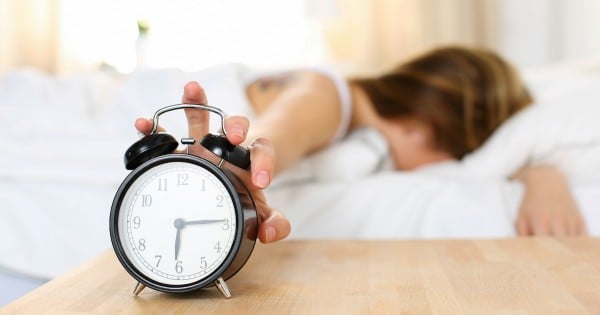It’s no secret that people aren’t getting enough sleep. We don’t have time, we can’t switch off and we’re all sure that the scientists are wrong when they say that on average we require eight hours a night.
So with all of that in mind, it’s time to meet the new rest technique that’s sweeping the globe: segmented sleep. An idea that sees you splitting your evening’s rest into two parts and having an awake period (known to the French as dorveille) in between.

Could sleeping twice a night be the solution to waking up well rested? Source: iStock.
Saying that it's new is actually pretty misleading, as segmented sleep is a very old, very traditional way of giving your body some time out, but somehow we're only just rediscovering it now.



Top Comments
When I first started working, i would get home, have dinner and then nap from 7.30-9.30 then get up watch tv (or whatever) and go back to bed aroun 12. Was never as tired as i am now, but now I have a 5 year old... lol!